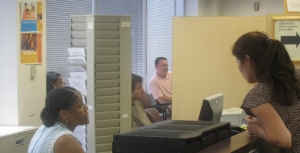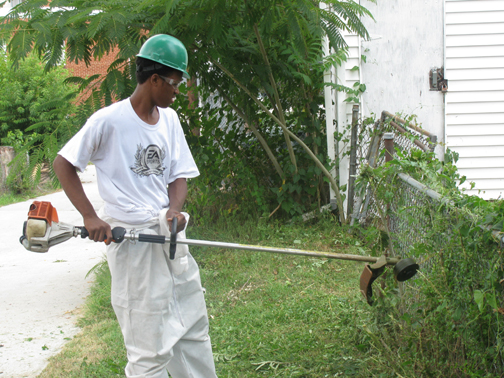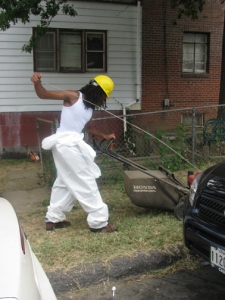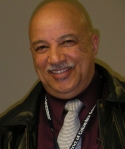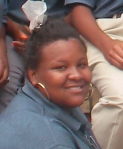
You can get free printed catalogs from most colleges and universities simply by requesting them at the school's website or by calling the admissions office.
The process of applying to college is one that can be both exciting and nerve-racking. For those who may be starting this process in the fall or some time in the near future, here are a few tips to try and make the process run a little more smoothly. The first thing you should do before you apply to college is have an idea of what you might want to study. This will help you in determining what types of schools you should look at. For example, if you have an interest in studying business, look for schools with a strong business program. You should then compile a list of maybe 10-15 schools that you like. Next, you should research the schools you have an interest in, and see what types of programs and opportunities that they can provide to you. Once you have completed your research on these schools, it should help you to begin to narrow down the list of schools you may want to attend.
If possible, it is best to try and visit any school before you apply. Visiting a school gives you a real first hand experience of what the school and its environment are really like. Although it may be hard to travel to all the schools on your list, I would strongly encourage visiting a school before you apply–especially schools that you have a strong interest in attending. After researching and visiting different schools, you should have a pretty solid idea of the schools that you seriously may want to attend.
The next step in the process is the most time-consuming and possibly the most stressful, the application process. One of the most important things to remember about applying to college is that you may not get accepted to your number one choice. However, if you have done your research and fully looked into the schools you’re applying to, you will end up at a school that is a good fit for you.
The application process is not as simple as many may think it is. There are specific steps and procedures that you need to follow to ensure that your application is good and acceptable. This first thing you need to do before sending out your applications to schools is see which schools take the common application, and which schools require you to fill out their own specific application. The common application gives you list of questions to answer, in addition to two essays that you need to write. This application can be sent to all schools that accept it, and helps expedite the process so that you don’t need to fill out a separate application for each school. However, most schools do require an additional short essay along with the common application. It is important to remember that you are sending your common application to many schools, so try not to mention, or leave the name of a certain school in one of the essays.
Once you have filled out your application comes the most important step in the process, reviewing it for any possible errors. When applying to a school you have to remember that you are just one of thousands of other kids applying to that school. Sending in an application with errors or the wrong format, shows to the admissions staff that you are not serious about attending their school, and it only hurts your chances of acceptance. I personally know of a person who works in an admissions department, and he says whenever he comes across an application with errors on it, he automatically just passes over it and moves on to the next one. When you are responsible for looking over thousands of applications, you are always glad when you can just toss one to the side.
The next idea to help you in your application process is to send in all of your materials at one time. What I mean by this is, don’t send in your SAT scores, then your application, and then your high school transcript and recommendations. Most schools don’t start reviewing your application until they have all of this information anyway, so you should send in everything at once. If you do send it in different parts, it gets put to the side until the offer parts arrive, and that can only lead to them delaying their decision, or even possibly losing part of your application. The final thing you should do when applying to colleges is look for something called an application fee-waiver. Almost all schools require you to send an application fee when applying to their school. These fees can range from between $30-75, but fee waivers are usually pretty easy to obtain, just contact the school and explain your situation to them. Hopefully this article helps in your process of applying to college, and hopefully you end up at the school that is best for you.
–Willis Bradwell





